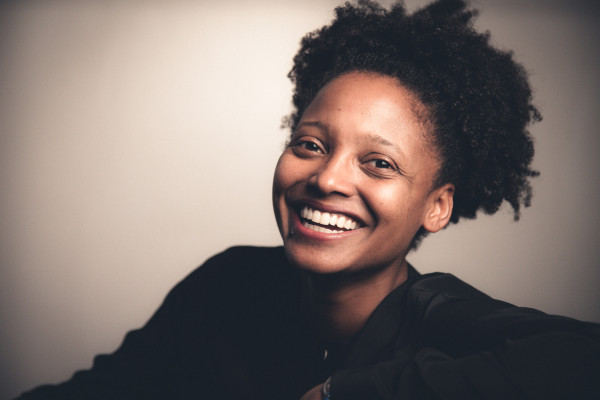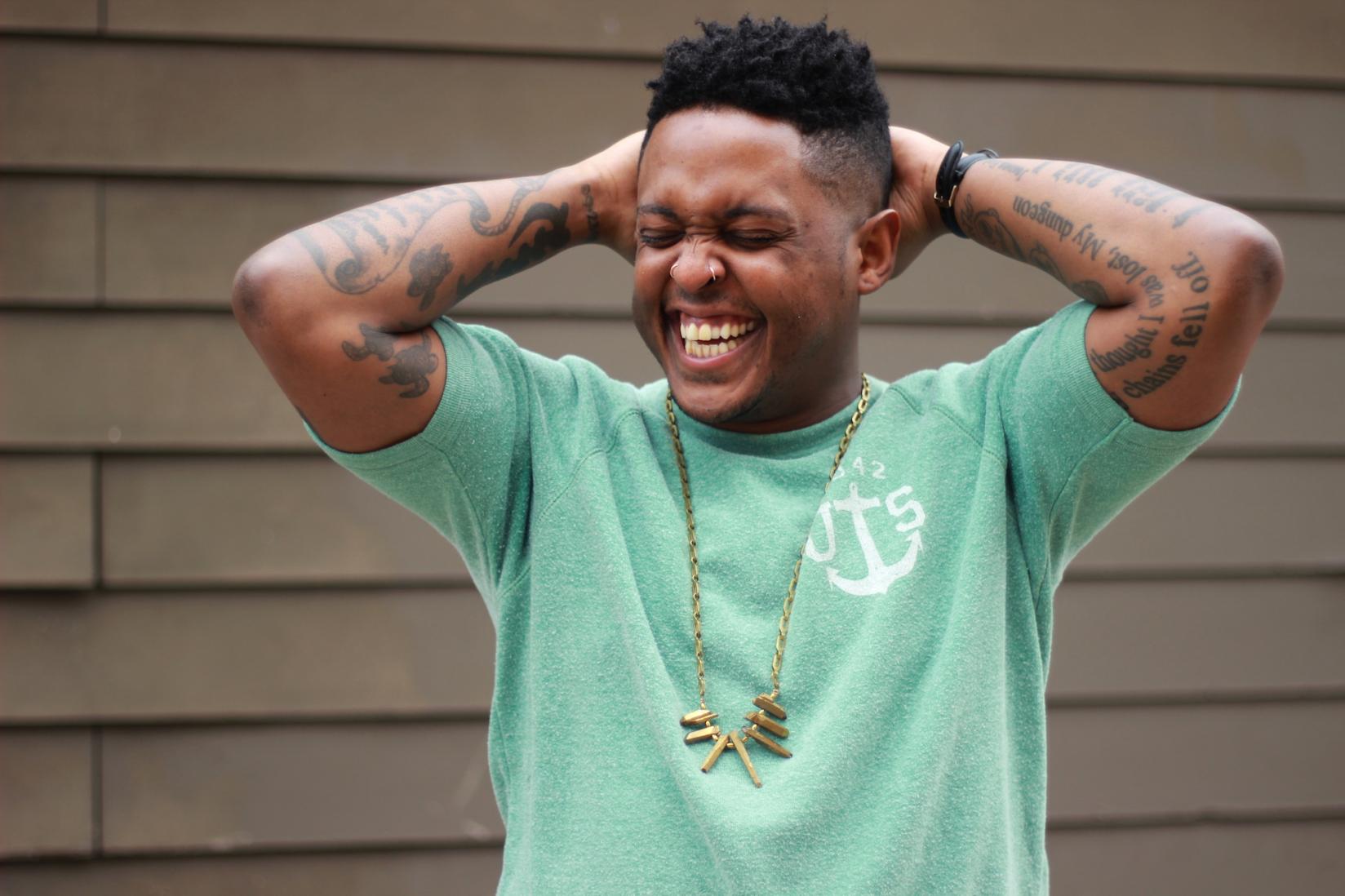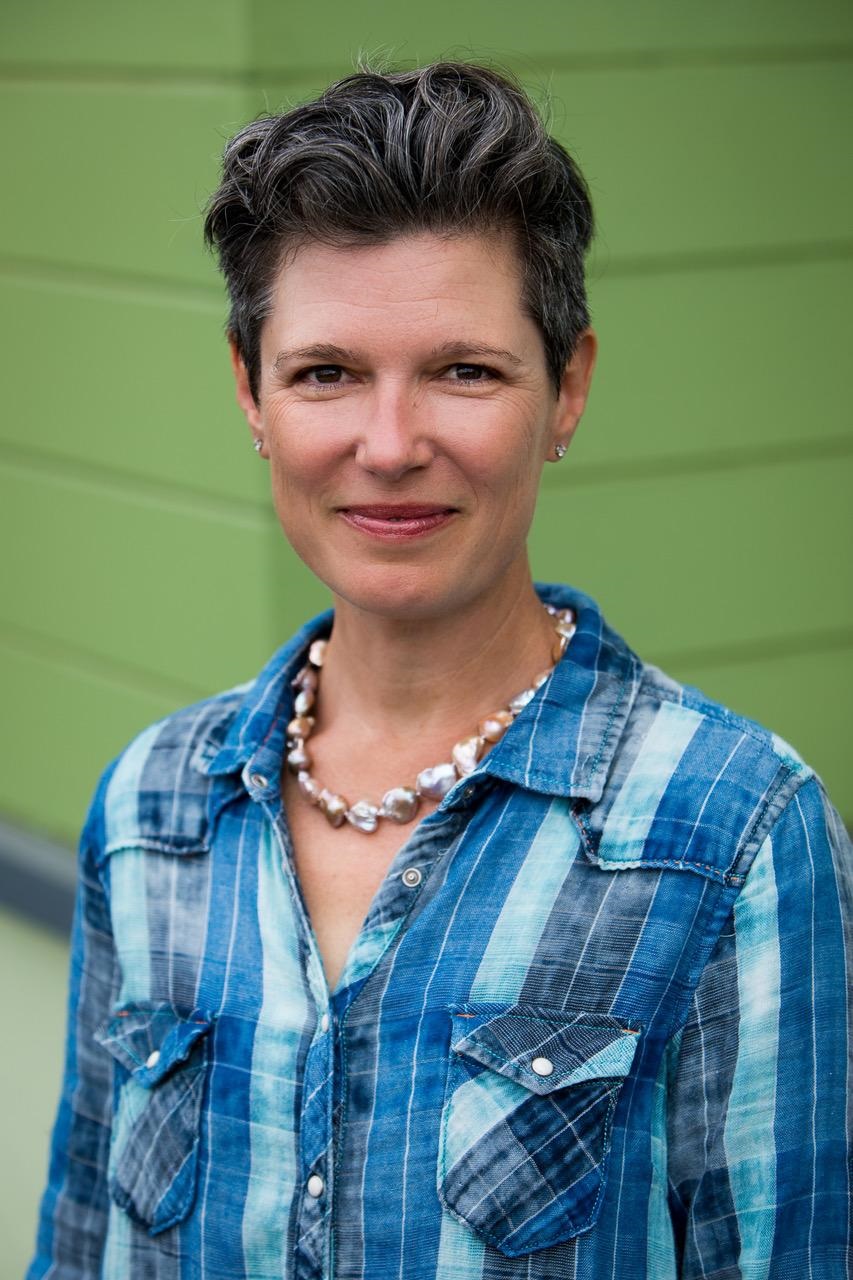 |
| photo: Matthew May |
Meredith May is a journalist, fifth-generation beekeeper and co-author of I, Who Did Not Die. During her 16-year career at the San Francisco Chronicle, her reporting won the PEN USA Literary Award for Journalism, the Casey Medal for Meritorious Journalism and feature writing awards from the Society of Professional Journalists and the Associated Press. Her San Francisco Chronicle series about an Iraqi boy wounded during the second Gulf War was shortlisted for the Pulitzer Prize. Her memoir, The Honey Bus (Park Row, April 2, 2019), reveals the life lessons she learned in her grandfather's Big Sur bee yard that rescued her from a difficult childhood. She lives in San Francisco, where she rows on the Bay and cares for several beehives in a community garden.
On your nightstand now:
The stack is getting perilously high for earthquake country. I'm reading Eleanor Oliphant Is Completely Fine by Gail Honeyman and I don't want it to ever end. I love oddball narrators with snarky inner monologues. Waiting in the wings: Queenie by Candice Carty-Williams, The Editor by Steven Rowley, From Where I Sit: Essays on Bees, Beekeeping, and Science by Mark L. Winston, The Library Book by Susan Orlean and The Awkward Thoughts of W. Kamau Bell by W. Kamau Bell. I could keep going, but it feels like I should stop now.
Favorite book when you were a child:
From the Mixed-Up Files of Mrs. Basil E. Frankweiler by E.L. Konigsburg. There's something about a story of a young girl who runs away from home with her kid brother to a more beautiful place--in this case the Metropolitan Museum of Art--that severely appealed to me. To this day I can't look at the coins in a public fountain and not fantasize about fishing them out to use for survival purposes.
Your top five authors:
Maya Angelou: poet, activist, opera singer, playwright, memoirist, journalist, dancer, actor, movie producer, professor, public speaker, editor. Drop the mic.
Laura Hillenbrand: I read Seabiscuit in my MFA program and walked around stunned for weeks afterward. I kept Unbroken by my keyboard while I wrote the book about the two POWs who survived the Iran-Iraq War. Everything Hillenbrand writes turns into a movie because she's so good at making real events seem unreal.
John Steinbeck: required reading at Carmel Middle School, but we could understand Steinbeck because of his beautifully simple sentence construction. I remember telling Grandpa about the characters in Cannery Row, and he started telling me personal stories about Steinbeck, Doc Ricketts and the "hobos" who lived in Del Monte forest. He knew the people in my book!
Doug Crandell: if J.D. Salinger were a dirt-poor Midwestern farmer, he'd be Doug Crandell. The way Crandell compassionately sketches his dysfunctional family in personal essays in the Sun magazine, and in his memoir, The All-American Industrial Motel, is sublime and loaded with dark humor.
Flannery O'Connor: her books are the most beat-up on my shelf from over-use. I read her every year for inspiration. Her ear for dialogue is unparalleled. She must have been secretly spying on everybody.
Book you've faked reading:
The Turn of the Screw by Henry James. I was a bit of a reading-faker in high school English class, and could list several more titles here. I developed a cheating system with my best friend Maile. She read half the book, I read the other half, and we filled each other in before each test. The way we saw it, we were conserving precious time needed to watch boys surf. This is by no means a reflection on the indefatigable Mr. Bob Walch, a passionate teacher who got me excited about writing, despite myself.
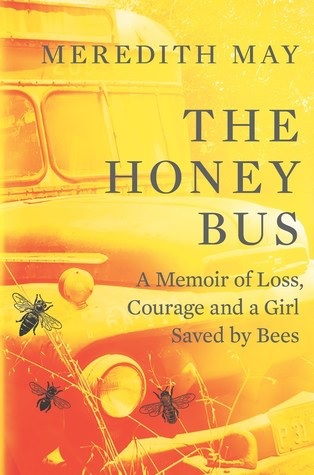 Book you're an evangelist for:
Book you're an evangelist for:
Free Spirit: Growing Up On the Road and Off the Grid, a memoir by Joshua Safran. When Safran was small, his counterculture mother kept him out of school to hitchhike across the American West searching for utopia. Living off the grid means growing up in vans, communes, buses, shacks, tents and, at the lowest point, a lean-to on a forest stump without water, electricity or a toilet. In an incredible twist that's not in the book, Safran survives to become an attorney and a nationally recognized champion for women's rights, whose successful fight to get a wrongfully imprisoned domestic violence survivor set free was turned into the documentary, Crime After Crime. Safran is just a gold-star badass human.
Book you've bought for the cover:
Dreaming in Color by Kaffe Fassett. Kaffe was one of the children who grew up at the world-famous Nepenthe Restaurant in Big Sur, embraced by the artists and bohemians who gathered there. The cover shows him sitting in a riot of color--surrounded by quilts and tapestries he designed in his signature style of pink on red on pink on orange on florals on top of more flowers. His paintings, his sweaters, his needlepoint, his quilts and mosaics always stop me in my tracks, make me go into a zombie state and reach for my wallet. The book has 500 images of his work that are so sensory I could swear it's scratch-'n-sniff. Dreaming in Color is an autobiography, and I'm ashamed to say I haven't moved past looking at the pictures, even though I've had the book for several years. I keep it on the coffee table to remind me how to stay vivid.
Book you hid from your parents:
No one was paying attention to what I was reading, but I did feel the need to hide Wifey by Judy Blume, a 1978 novel about extramarital affairs that had S-E-X in it! In middle school, we girls would gather in the bathroom to read it aloud and highlight the juicy bits. That one furred copy got passed around, and when it was my turn to keep it for a few days, I felt the need to read it under the covers at night with a flashlight.
Book that changed your life:
There Are No Children Here by Alex Kotlowitz. It's a narrative nonfiction story of two young brothers living in a notorious Chicago housing project in the 1980s when crack cocaine was big. I had never seen powerful long-form, immersive reporting like that before. The book opened my eyes to the insidiousness of generational poverty and privilege, and to the duty journalists have to push for human rights. Kotlowitz influenced my reporting, and after reading his book, I began writing about a dilapidated government housing project in Richmond, Calif., where Section 8 tenants were suing to force basic repairs such as working heat and running water.
Favorite line from a book:
"I wonder why progress looks so much like destruction." --Travels with Charley by John Steinbeck
Five books you'll never part with:
A Country Year by Sue Hubbell: on the heels of a divorce, Hubbell inherits a large farm and beekeeping operation, falls in love with the bees and learns she can manage on her own.
The Glass Castle by Jeannette Walls: her memoir of floating along behind wayward, alcoholic parents and living to tell about it is masterful.
The Tender Bar by J.R. Moehringer: a fatherless boy who is raised by the uncles and their fellow drunks in the neighborhood bars. I will never forget the scenes of him listening to his DJ father on the radio as a substitute for actually knowing him.
The Complete Stories by Flannery O'Connor
Cannery Row by John Steinbeck
Book you most want to read again for the first time:
To the Lighthouse by Virginia Woolf. Again, sorry, Mr. Walch. I think I only breezed through half of it.
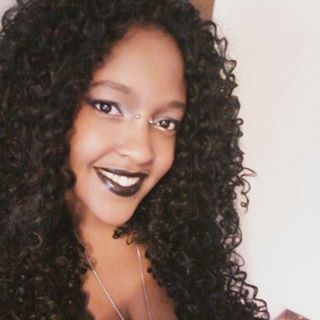 "As an individual, my reach is limited, but books don't have that problem. They're not quiet. A book is able to bypass distance, it can travel in your backpack across borders and doorframes to reach anyone and everyone. All it needs is a push. For me, books bypassed parents who couldn't understand them and built a love and curiosity for a child who couldn't live without them. When working as a bookseller in Forbidden Planet, I saw that books could bypass all ability barriers; every race, gender, ability and orientation passed in and out of the store, all of them leaving with books I'd recommend and was sure they'd love. But as I sold to this abundant audience, it just made me more aware that there were so many gaps in the experiences our books explored....
"As an individual, my reach is limited, but books don't have that problem. They're not quiet. A book is able to bypass distance, it can travel in your backpack across borders and doorframes to reach anyone and everyone. All it needs is a push. For me, books bypassed parents who couldn't understand them and built a love and curiosity for a child who couldn't live without them. When working as a bookseller in Forbidden Planet, I saw that books could bypass all ability barriers; every race, gender, ability and orientation passed in and out of the store, all of them leaving with books I'd recommend and was sure they'd love. But as I sold to this abundant audience, it just made me more aware that there were so many gaps in the experiences our books explored....




IPC.0204.S3.INDIEPRESSMONTHCONTEST.gif)




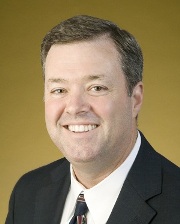
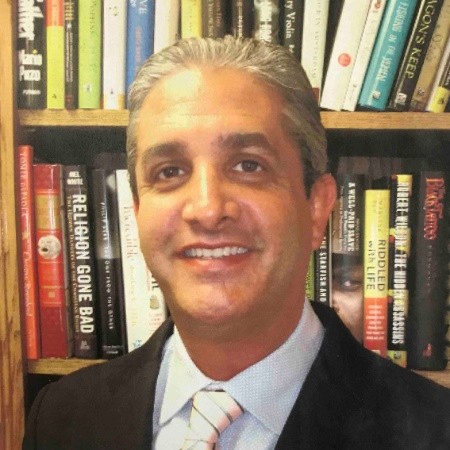

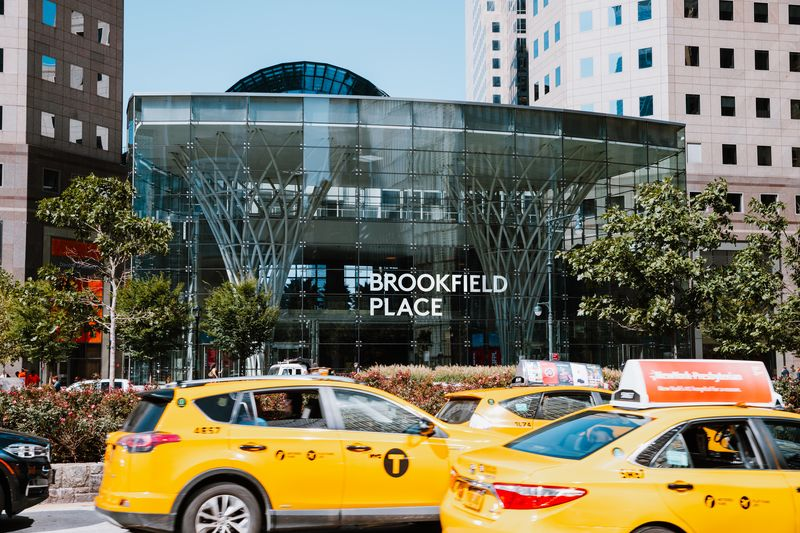
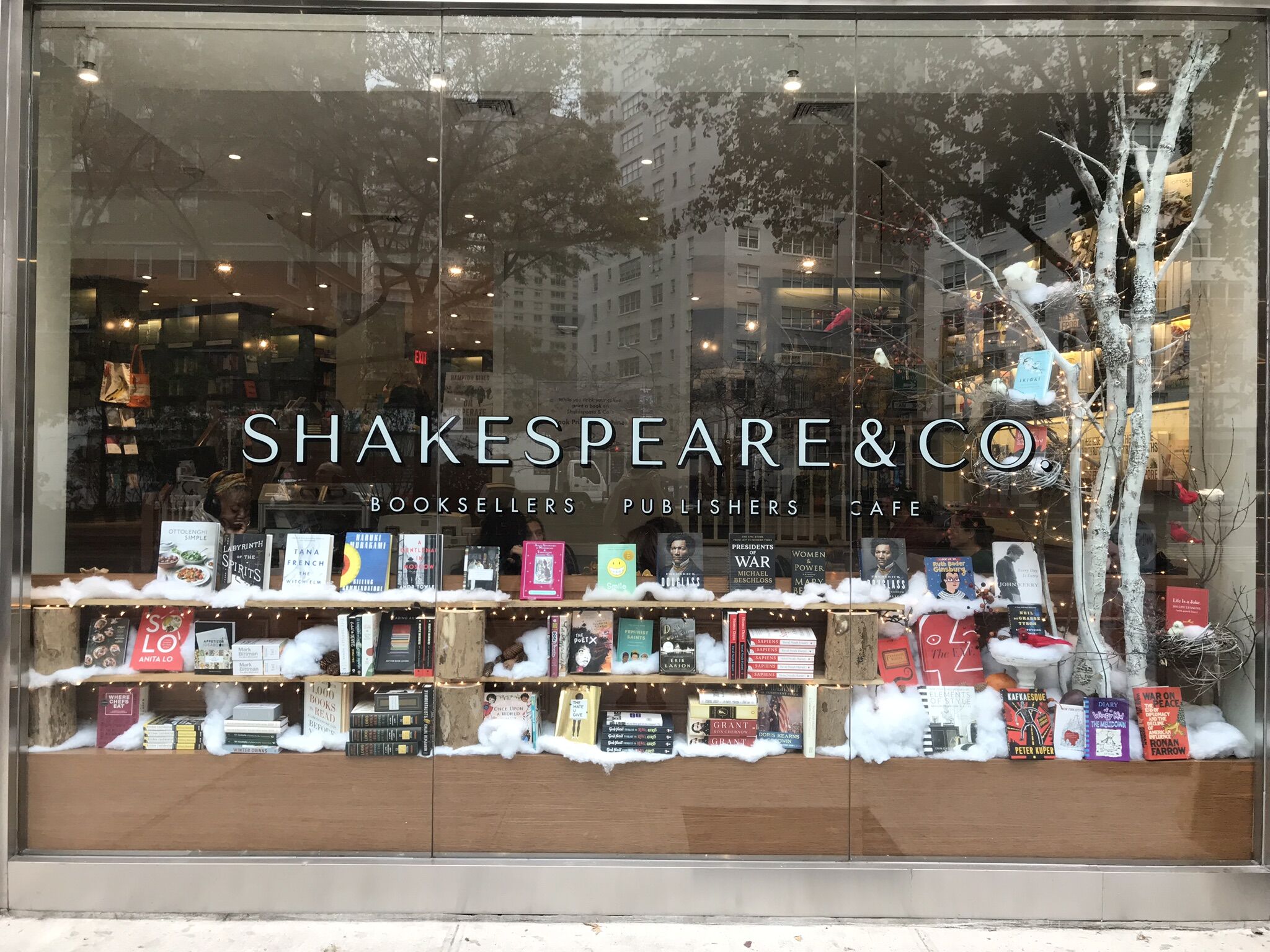

IPC.0211.T4.INDIEPRESSMONTH.gif)
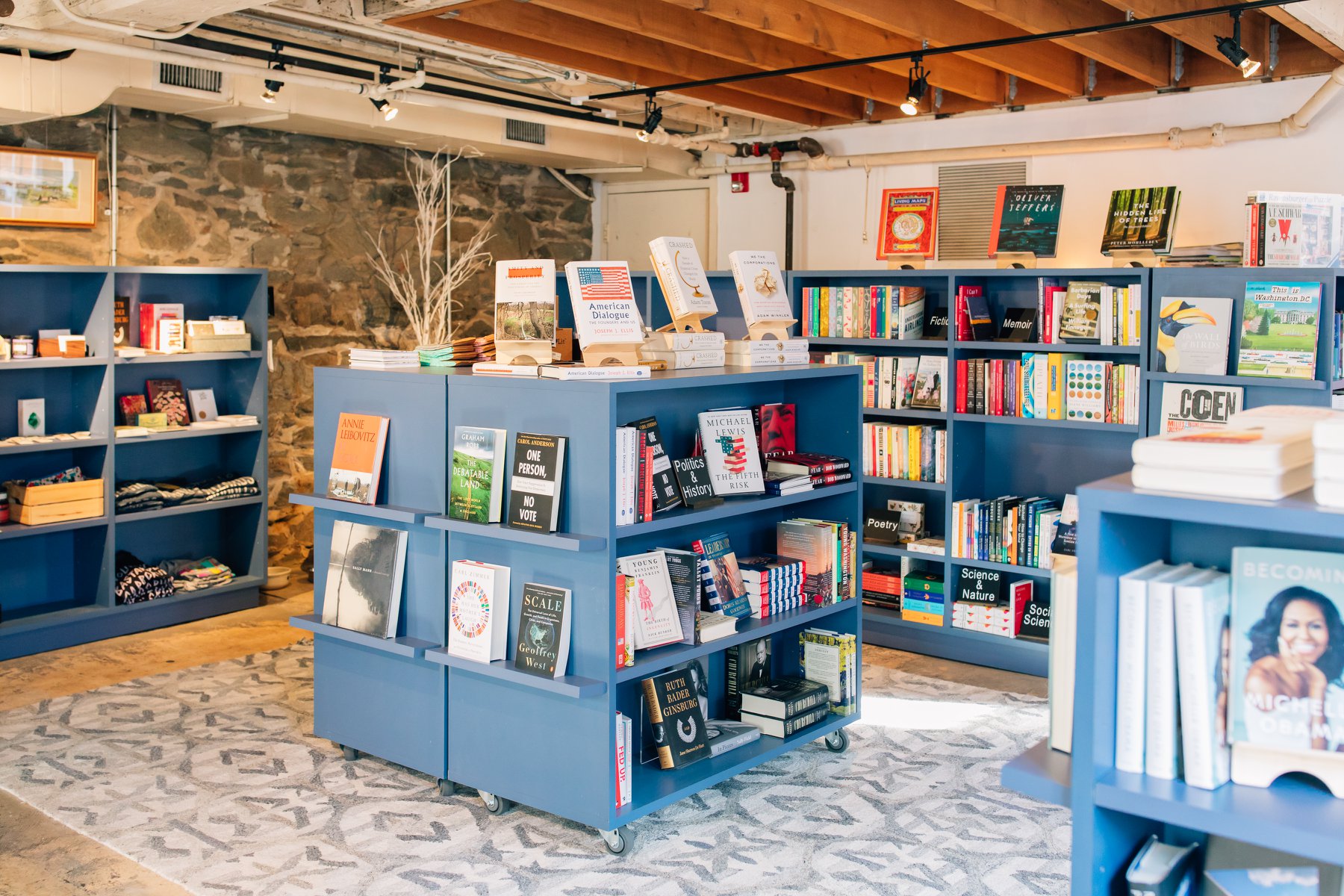
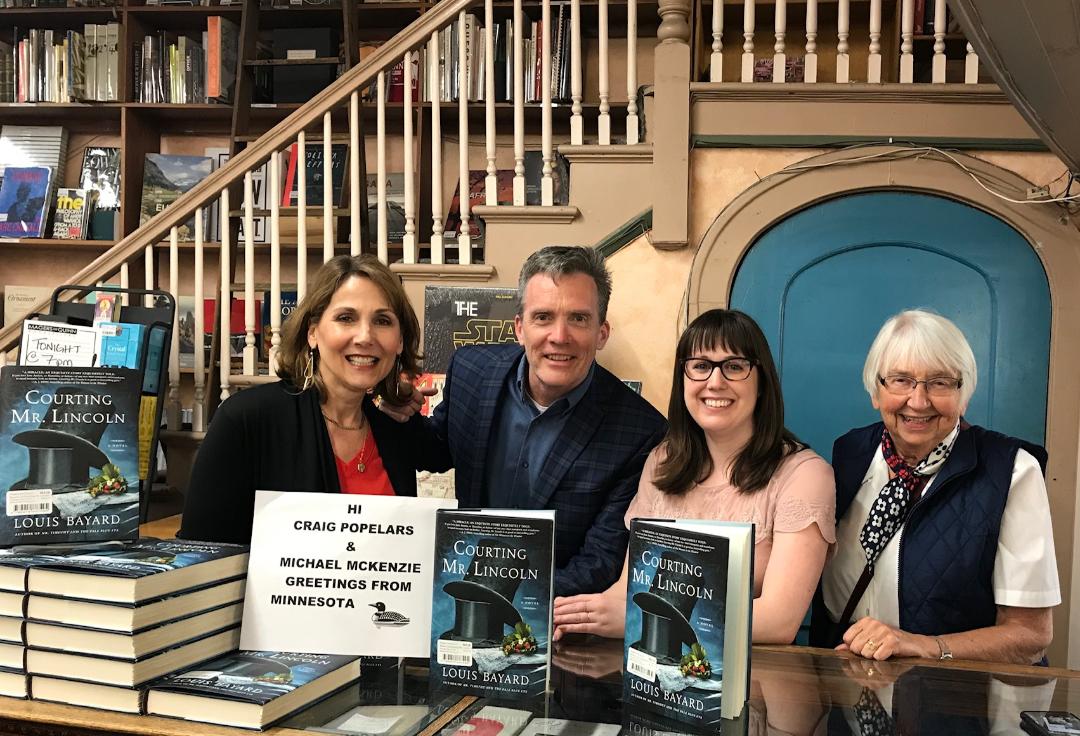 Tuesday night,
Tuesday night, 
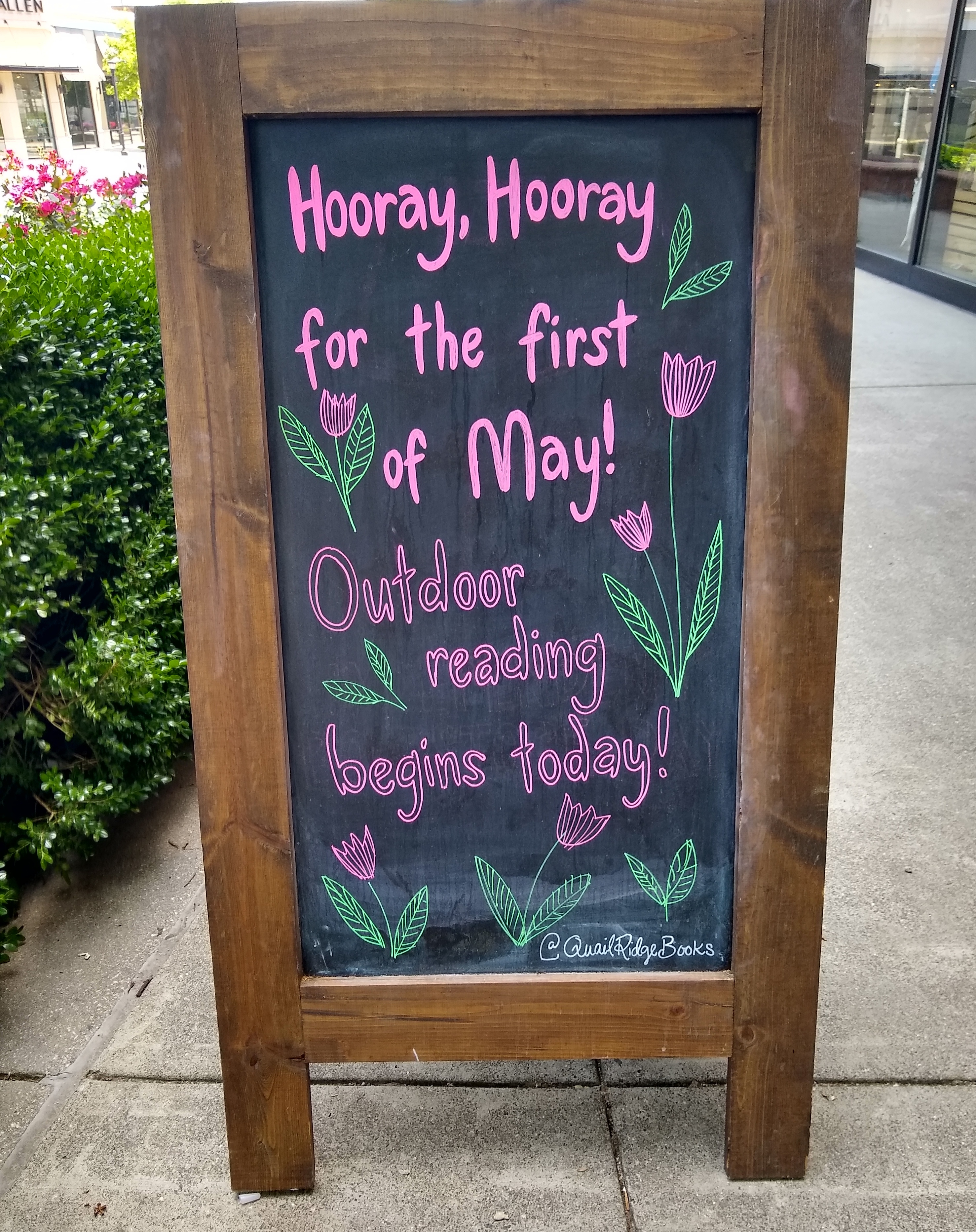
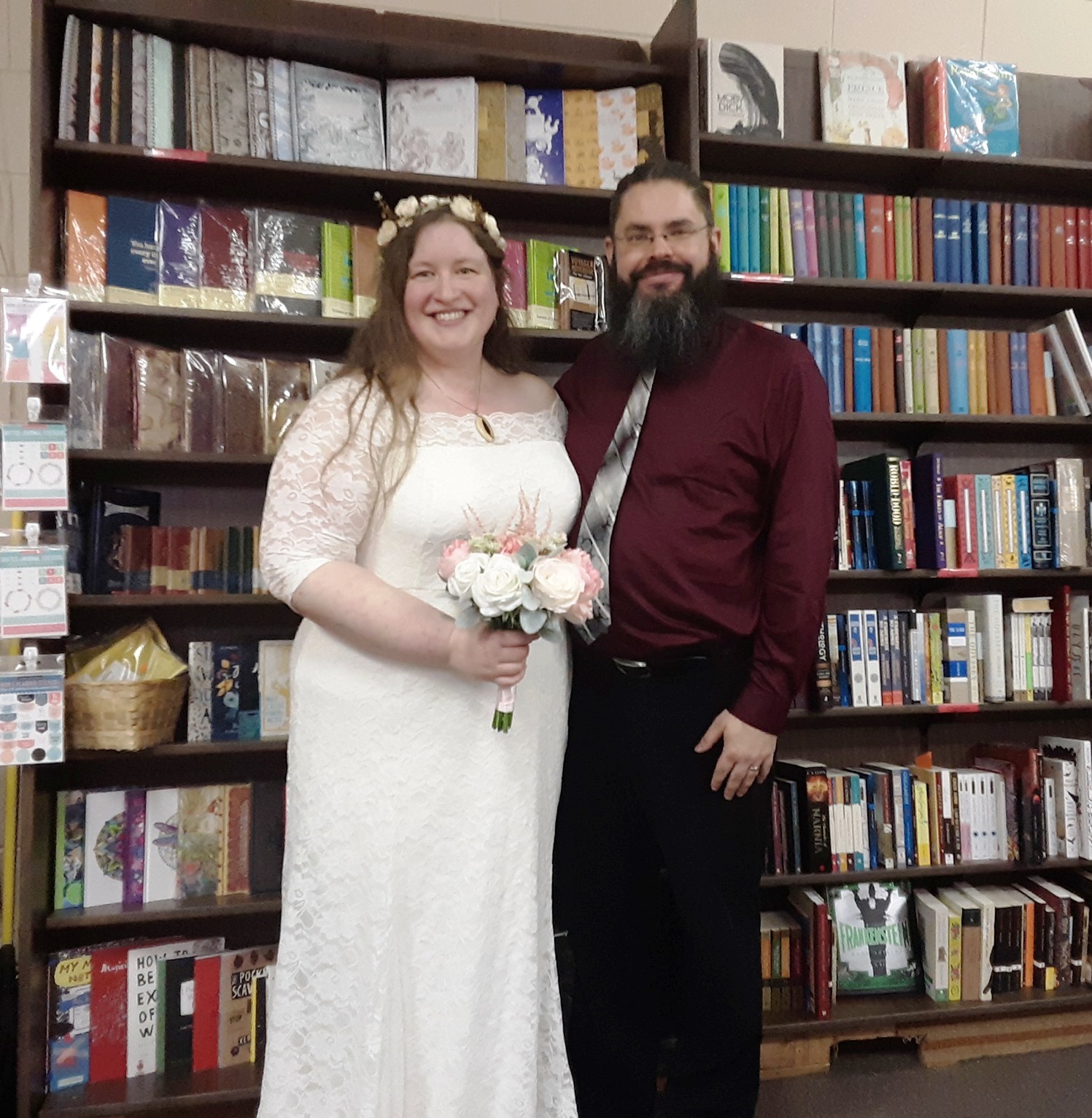 Ellen Plumb's City Bookstore
Ellen Plumb's City Bookstore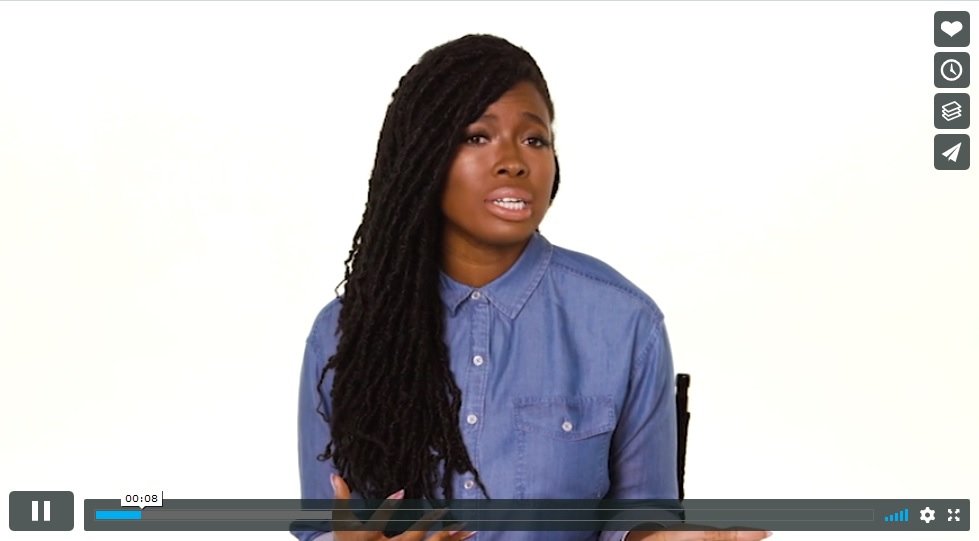 You Deserve the Truth: Change the Stories that Shaped Your World and Build a World-Changing Life
You Deserve the Truth: Change the Stories that Shaped Your World and Build a World-Changing Life
 Book you're an evangelist for:
Book you're an evangelist for: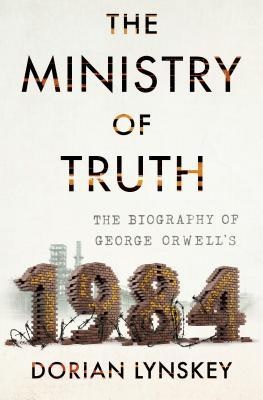 Dorian Lynskey (33 Revolutions Per Minute) takes a close look at an ubiquitous classic with The Ministry of Truth: The Biography of George Orwell's 1984. The novel was a sensation and a controversy when it was published in 1949; again as the year 1984 approached and passed; again in recent years, and at every time in between. Lynskey sets out to examine its ancestry in utopian and dystopian literatures, in Orwell's experiences during the Spanish Civil War and wartime Great Britain, and the political and cultural responses it's drawn.
Dorian Lynskey (33 Revolutions Per Minute) takes a close look at an ubiquitous classic with The Ministry of Truth: The Biography of George Orwell's 1984. The novel was a sensation and a controversy when it was published in 1949; again as the year 1984 approached and passed; again in recent years, and at every time in between. Lynskey sets out to examine its ancestry in utopian and dystopian literatures, in Orwell's experiences during the Spanish Civil War and wartime Great Britain, and the political and cultural responses it's drawn.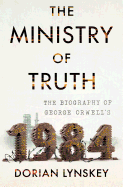
_Natasha_Komoda.jpg)
